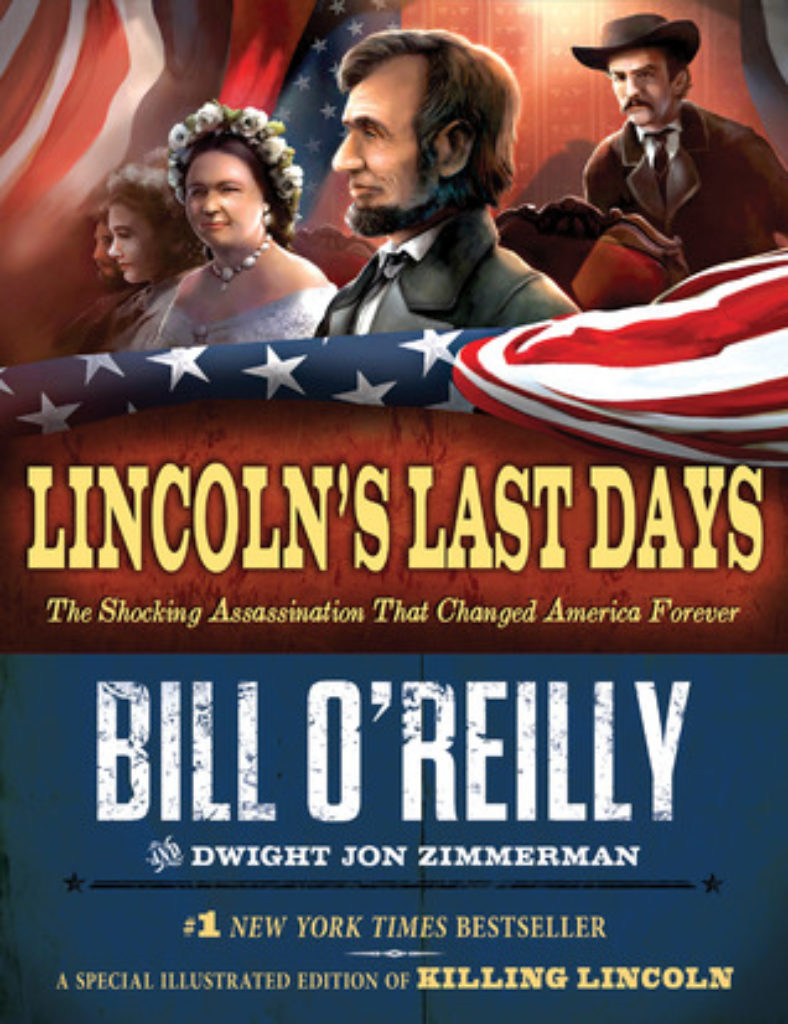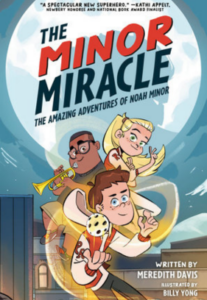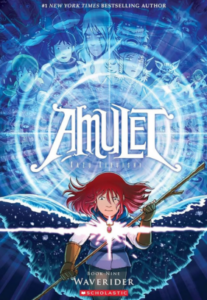This book is split into four parts. The first offers an overview of the Civil War and Abraham Lincoln’s role. Details are given about the long marches to battlegrounds and the lack of supplies for the troops, which sometimes led to death. Lincoln was trying to keep America from division, but the war was splitting the country. When Lee’s troops grew weak, Grant needed to press harder so they could win and end the war. Grant’s plan was to burn a bridge to close the escape route for Lee and his men. If his plan had worked, the war might have ended that night. After additional battles, Grant notified Lincoln that Lee’s men were weak, and if he pushed just a little harder, he thought Lee would surrender. Lincoln agreed with his plan, and Grant blocked Lee’s escape route. Lee wanted to speak with Grant, as Grant was preparing for another assault. Lee’s message reached Grant in time, and after talking, they decided to end the war and work on rebuilding the nation together.
The second part of this book addresses the detailed plan of Lincoln’s assassination. Over 2,000 people waited outside the White House for Lincoln to address them at the war’s end, but he asked them to come back the next night. Lincoln then prepared his speech. John Wilkes Booth was a popular actor. After the war, his hatred for Lincoln grew. Booth planned to kidnap Lincoln and began to recruit people to help. As Booth did this, he considered murder a plausible option and figured out an escape plan. In the meantime, thousands of people arrived to hear Lincoln’s speech. Booth and one of his colleagues listened, too. Afterward, Booth decided to kill Lincoln, Andrew Jackson and William H. Seward and then escape to Mexico. Lincoln received many death threats during this time period, but he did not let them deter him from living fully.
The third part of the book chronicles Lincoln’s actions during his last days. As he did every day, Lincoln completed his morning reading of Scripture. Mary Lincoln told her husband that she wanted to watch “Our American Cousin” at Ford’s Theatre, and Lincoln’s advisers told him that it was not safe for him to attend that night because of the increased number of death threats. Lincoln was assigned a guard because he would not change his theater plans. Booth overheard that Lincoln would be present that evening, along with Grant and his wife. (Grant’s wife chose not to attend, so the Grants ended up not going.) Booth and Powell discussed Seward’s assassination, and Booth wrote a letter to explain Lincoln’s assassination. Booth gave the letter to John Matthews and asked him to mail it the next morning. Booth had asked John Matthews to participate in the conspiracy, but he did not want to be a part of it. Booth hoped the letter would help incriminate Matthews as being a part of the conspiracy.
One of the conspirators, George Atzerodt, decided that he did not want to perform the task of killing Andrew Jackson, but Booth threatened to kill him if he didn’t, so he agreed. Booth fully believed Lincoln was out to destroy the South, and he was under the impression that the people of the South would be extremely grateful for his bravery in killing Lincoln. Lincoln and Mary arrived late to the theater. Lincoln’s guard was uninterested in the play and left to take a walk. A friend invited him to go to a bar; the guard accepted the offer, anticipating that Lincoln would not need him for a few hours.
Meanwhile, Lewis Powell, a third conspirator, made his way to William Seward’s room by pretending to have medicine sent from the physician. Seward’s son did not allow Powell to see him. Powell then attempted to shoot Seward’s son, but the gun jammed, leaving the men to fight without weapons. Powell reached Seward’s room. Sergeant George Robinson was in Seward’s room, so Powell slashed his head and face with a knife. Fanny Seward, Seward’s daughter, was also in the room, and Powell punched her. Then he stabbed Seward many times. Someone came in to stop Powell, and he stabbed this person as well. There was another guest downstairs, so when Powell left, he also stabbed the guest. Then he stashed the knife in the gutter.
Atzerodt decided to go drinking instead of killing Andrew Jackson. Back at the theater, Booth used a gun to shoot Lincoln, but used a knife to escape the crowd. He jumped onstage, breaking his fibula, and shouted, “Sic semper tyrannis.” The audience didn’t realize Lincoln had been shot until someone from the president’s box yelled the announcement to them. Mass chaos ensued.
Booth escaped and headed toward Mexico. The guards at the edge of town questioned Booth’s reason for leaving, but decided to let him pass. Lincoln was not dead, but was losing a lot of blood. The physicians did not find the fatal wound for a while, but once they found where the bullet was lodged, they immediately began treatment. When they realized Lincoln would not recover, they had him moved so he would die in a more respectable location.
The final section of the book addresses how the assassins were captured. Police investigated Booth’s room, because Booth and Atzerodt were the two main suspects. Across America people were searching for Booth and his accomplices. Since Booth broke his leg during the assassination and was in pain, he stopped and had a doctor, Samuel Mudd, splint his leg, which left him unable to put his foot into the stirrup to ride a horse.
The military was close behind Booth, but he found refuge with Samuel Cox, who offered to take Booth across the Potomac River. Booth read newspapers and found that the South did not approve of his actions. Mary Surratt, a friend to the conspirators, was arrested for helping with the assassination. Powell knocked on the door of her house while the detectives were there. He had planned to stay with her for a while, but ended up being caught and sent to jail. Atzerodt was safe until he expressed his views on Lincoln’s assassination at a public dinner, and citizens reported him to the police. Mary Lincoln was so upset she did not attend Lincoln’s funeral.
Authorities searched Samuel Mudd’s home. Mudd denied knowing the man whose leg he mended, but Mudd was arrested because the boot left behind was clearly marked with Booth’s name, and Mudd did not report it. Booth made it across the Potomac River and headed for Kentucky. The family Booth was staying with realized who he was and notified the authorities. They came to arrest Booth, and one of the arresting men shot and killed Booth. For the next several months, authorities hunted for anyone who may have been involved with the assassination or escape. Mary Surratt, Lewis Powell, George Atzerodt and David Herold were all hung for their parts in the conspiracy.











